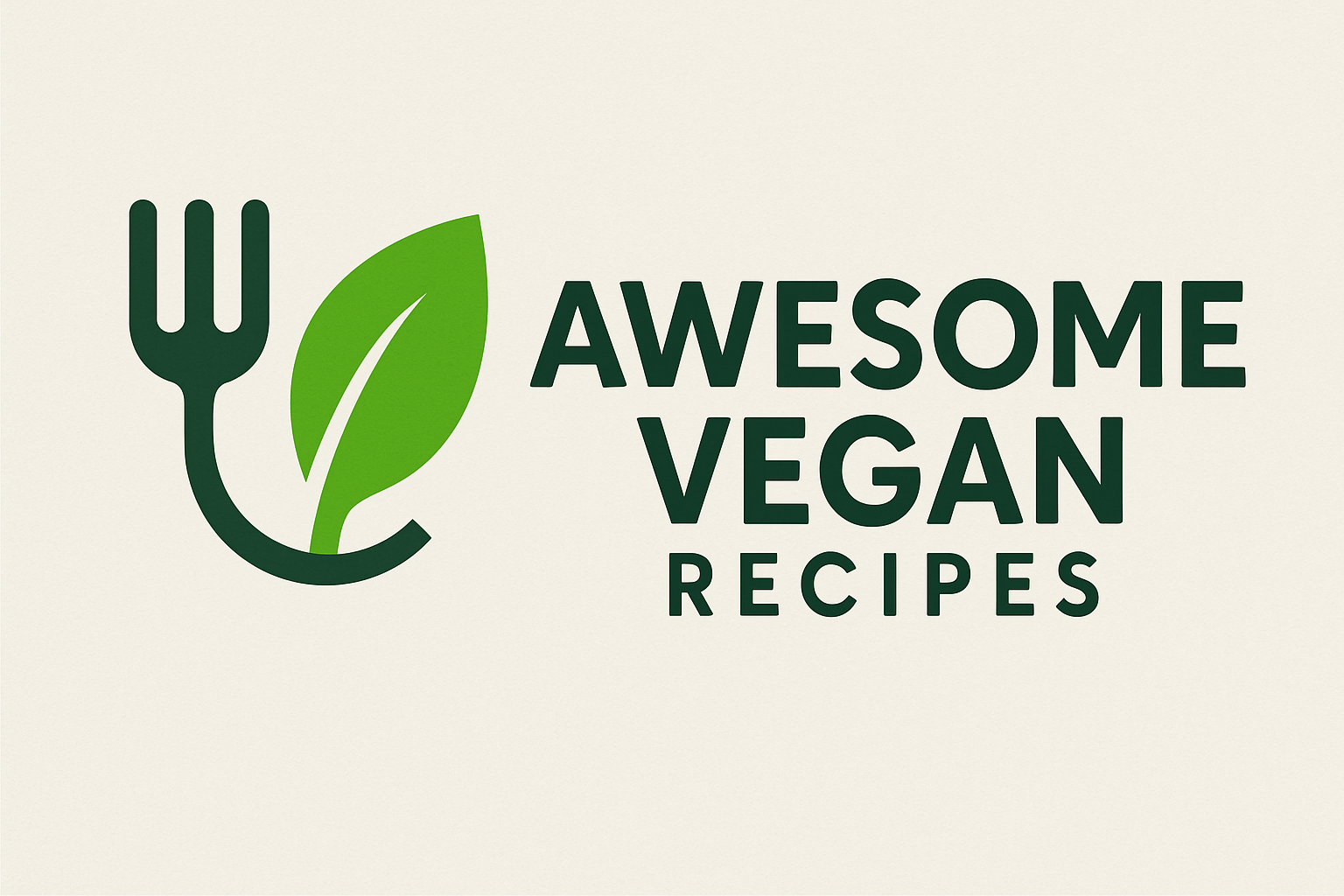How to Raise a Healthy Vegan Family: A Beginner’s Guide
How to Raise a Healthy Vegan Family: A Beginner’s Guide
Raising a healthy vegan family can be a rewarding journey for both parents and children. With the right knowledge and guidance, it is entirely possible to provide your family with all the nutrients they need while following a plant-based lifestyle. Here are some tips to help you navigate the world of veganism and raise a happy, healthy vegan family.
1. Educate Yourself
One of the most important steps in raising a healthy vegan family is to educate yourself about vegan nutrition. It is essential to understand which nutrients are crucial for growing children and how to obtain them from plant-based sources. Some key nutrients to pay attention to include protein, iron, calcium, vitamin D, and B12. Reading books, attending vegan nutrition classes, and consulting with a registered dietitian can all be helpful in gaining the knowledge needed to ensure your family’s nutritional needs are met.
2. Know Your Sources of Essential Nutrients
Protein is an essential nutrient that is often a concern for those considering a vegan diet. However, there are plenty of plant-based sources of protein available, such as beans, lentils, tofu, tempeh, nuts, and seeds. Iron can be found in foods like spinach, lentils, quinoa, and fortified cereals. Calcium is abundant in foods like kale, broccoli, almonds, and fortified plant-based milk. Vitamin D can be obtained from sunlight exposure or fortified foods, while B12 is typically found in fortified foods or supplements. By incorporating a variety of these foods into your family’s diet, you can ensure they are meeting their nutrient needs.
3. Plan Balanced Meals
To ensure your family is getting all the nutrients they need, it is essential to plan balanced meals that include a variety of foods. Include a mix of fruits, vegetables, whole grains, legumes, nuts, and seeds in your meals to provide a wide range of nutrients. Make sure to include sources of protein, healthy fats, and carbohydrates in each meal to keep your family satisfied and energized throughout the day. Meal planning can help you stay organized and ensure your family is getting a balanced diet.
4. Involve Your Children in Meal Preparation
Encourage your children to get involved in meal preparation by helping them choose recipes, shop for ingredients, and assist with cooking. By involving them in the process, you can help them develop a positive relationship with food and encourage them to try new foods. Children are more likely to eat foods they have helped prepare, so getting them involved in meal preparation can be a fun and educational way to promote healthy eating habits.
5. Be Creative with Plant-Based Foods
One of the benefits of a vegan diet is the opportunity to get creative with plant-based foods. Experiment with new recipes, ingredients, and cooking methods to keep your family’s meals interesting and enjoyable. Try making homemade plant-based versions of classic dishes, such as vegan pizza, tacos, burgers, and pasta dishes. There are countless resources available for vegan recipes online, so don’t be afraid to try something new and expand your family’s culinary horizons.
6. Address Social and Emotional Aspects of Veganism
Raising a vegan family also involves addressing the social and emotional aspects of veganism. Be prepared to answer questions from friends, family members, and strangers about your family’s dietary choices. Educate your children about why your family chooses to follow a vegan lifestyle and how it aligns with your values and beliefs. Encourage open communication with your children about their feelings regarding veganism and provide them with information and support as needed.
7. Find Like-Minded Community
Building a supportive community of like-minded individuals can be beneficial for both parents and children. Joining vegan parenting groups, attending vegan events, and connecting with other vegan families can help you feel supported and inspired on your vegan journey. You can share resources, tips, and recipes with other vegan families and create a sense of belonging within the vegan community.
In conclusion, raising a healthy vegan family is entirely possible with the right knowledge and support. By educating yourself about vegan nutrition, planning balanced meals, involving your children in meal preparation, being creative with plant-based foods, addressing social and emotional aspects of veganism, and finding like-minded community, you can raise a happy, healthy vegan family. Remember that every family’s journey is unique, so don’t be afraid to experiment, make mistakes, and learn along the way. With dedication and perseverance, you can provide your family with a nourishing vegan lifestyle that promotes health and well-being for years to come.






